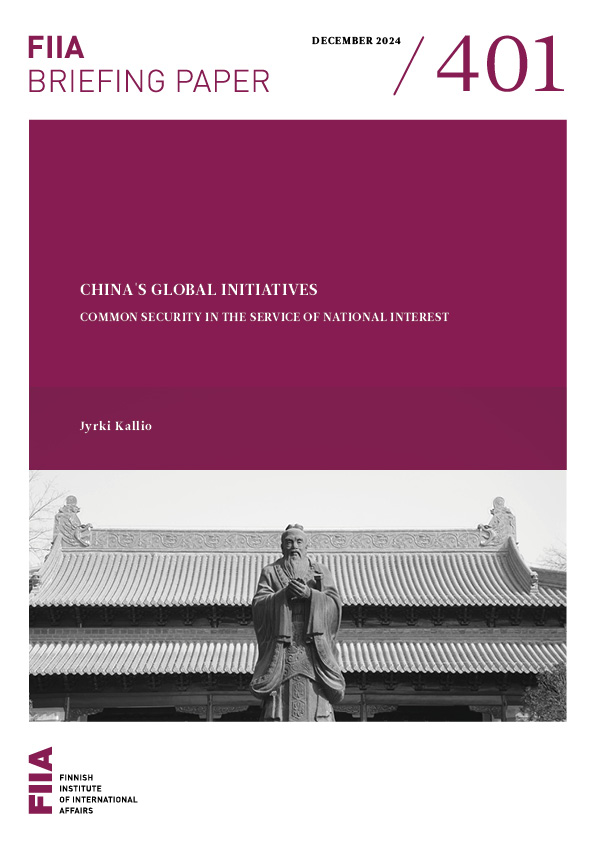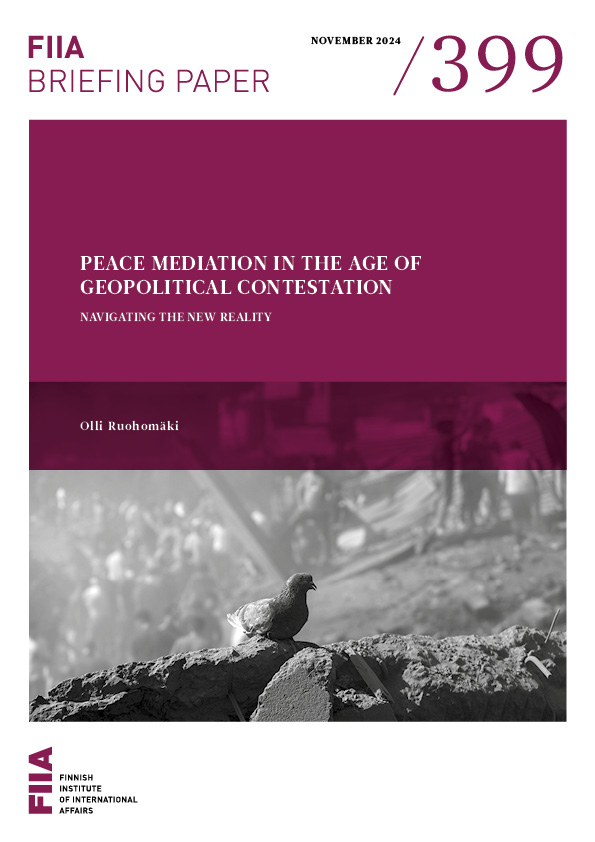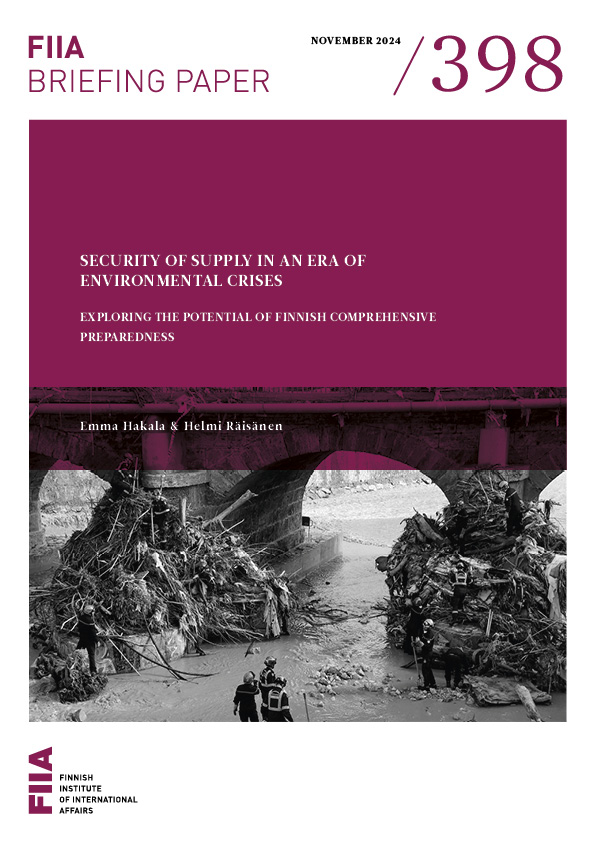Japanese Prime Minister Shinzō Abe delivered a highly-anticipated statement on the 70th anniversary of the end of the Second World War. The statement reveals Abe to be a pragmatist, seeking domestic political support and US espousal, as well as avoiding rocking diplomatic relations with China and South Korea.
The commotion preceding Shinzō Abe’s speech clearly shows how, seven decades after the end of the war, reconciliation has not been fully achieved in East Asia. War memories continue to impinge on stable international relations, for multiple reasons. The devastation of two atomic bombs has left lasting scars on Japan’s collective identity, resulting in a strong victim consciousness.
The continuity between prewar and postwar periods in Japan also plays a role, as the emperor continued to reign, the imperial institution remained intact, and wartime politicians took up important government positions after the war.
Many Japanese hold the view that Japan’s wartime acts were no different from those of other countries, including major Western colonial powers. Importantly, education in Japan on the country’s war history remains woefully inadequate, devoid of wider and more balanced perspectives.
China and South Korea, then, repeat the mantra that Japan has not apologized enough for its wartime acts, or that the apologies are not sincere. Politicians in these countries often portray Japan as a political nemesis, utilizing it as a useful tool to obtain political support and promote unity. Prime Minister Abe is often depicted as a staunchly conservative politician intent on remilitarizing Japan.
Anti-Japanese sentiment is a core ingredient of national political thinking in both China and South Korea. In China in particular, nationalistic propaganda and political rhetoric portraying Japan as a danger is even gaining in importance in view of China’s increasingly assertive regional stance. This continues to obstruct a deeper process of reconciliation, keeping the “history issue” at the centre of bilateral diplomatic relations.
In spite of this, the countries in the region are highly interdependent. China needs Japanese investments, and offers Japan a huge market. Large numbers of Chinese tourists in Japan provide a boost to the local economy. Political relations have even been improving in the past few months, laying the groundwork for a possible meeting between President Xi Jinping and Prime Minister Abe.
Expectations were therefore high as to what Abe would say, and in particular to what extent his statement would include a new apology for Japan’s wartime acts. Overall, Abe delivered a carefully crafted and delicately worded, but also rather ambiguous statement. Most importantly, he upheld the previous two official apologies, by former Prime Ministers Tomiichi Murayama in 1995 and Jun’ichirō Koizumi in 2005. These included references to “heartfelt apology” and “deep remorse”.
Expressing his “profound grief” and “eternal, sincere condolences”, Abe voiced “deep repentance” over the war. He also stated that Japan would never again resort to aggression and war as a means of settling international disputes, and would “abandon colonial rule forever”.
What Abe did not do, however, was issue a new, explicit apology. Furthermore, after saying that Japan has to learn from history, he seemed to indicate that Japan had apologized enough and future generations should not be “predestined to apologize”.
Abe was treading a fine line. The statement had to satisfy domestic conservative forces, including those in his Liberal Democratic Party. It must be kept in mind that the statement comes at a time when the Japanese government is implementing a new security policy, with a view to achieving stronger military deterrence, tighter cooperation with the US, and a more autonomous international role for Japan under the banner of “proactive pacifism”. At the same time, the US exerted pressure on Japan to tread carefully so as not to increase tension in the region, while China and South Korea strongly pushed for Japan to uphold former apologies.
Abe confirmed that he intended the statement to appease as many people as possible. The implication that Japan should not remain caught in an eternal “humiliating” cycle of official apologies placated his conservative support base at home. At the same time, he upheld former apologies, utilizing identical key expressions, albeit with different and less direct phraseology.
The statement was furthermore middle-of-the-road enough to prevent major condemnation in China and South Korea. Yet China criticized Abe for being evasive. Local Chinese media not surprisingly condemned Abe’s speech for being watered down and lacking sincerity, but also observed that it neither worsened nor improved Sino-Japanese relations. South Korean President Park Geun-hye only voiced muted criticism, saying that the statement “left a lot to be desired”.
In short, the statement again shows that Abe is a conservative yet highly pragmatic politician. It revealed his personal vision of Japan’s past and future, but it also kept the door open to smoother relations between the three Northeast Asian countries. What Abe’s World War II speech certainly will not achieve is lasting reconciliation. For that to happen, fostering more critical, in-depth perspectives on history in Japan would be a necessary first step.
As pointed out by a private panel of scholars, business executives and journalists set up to advise the Prime Minister on the content of the statement, Japan urgently needs to deepen its understanding of history, not least through more thorough education on modern and contemporary history. In China and South Korea, the political will for lasting reconciliation needs to be complemented by avoidance of vilification of Japan for nationalistic purposes, as well as continuous dialogue, regional cooperation on trade and security, and grassroots exchanges.








